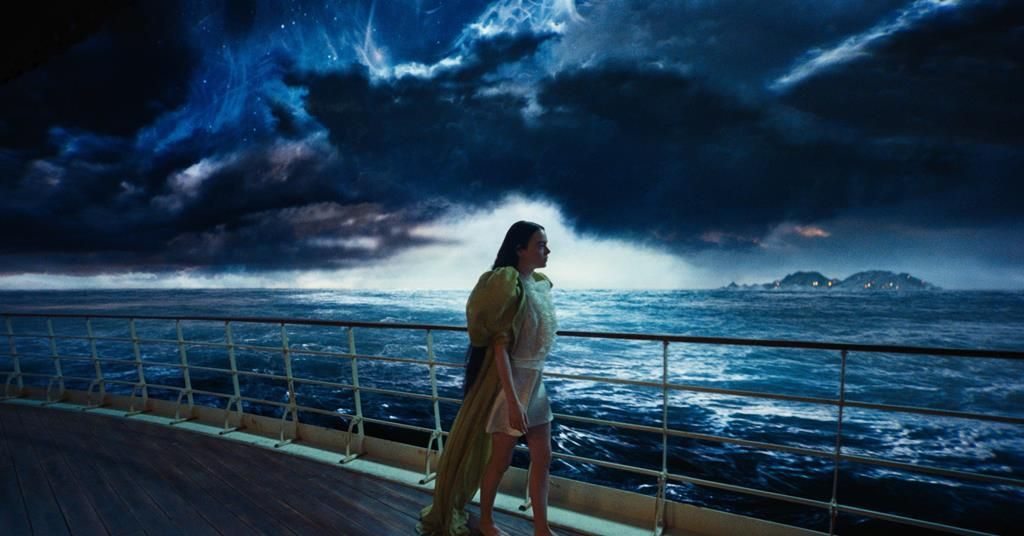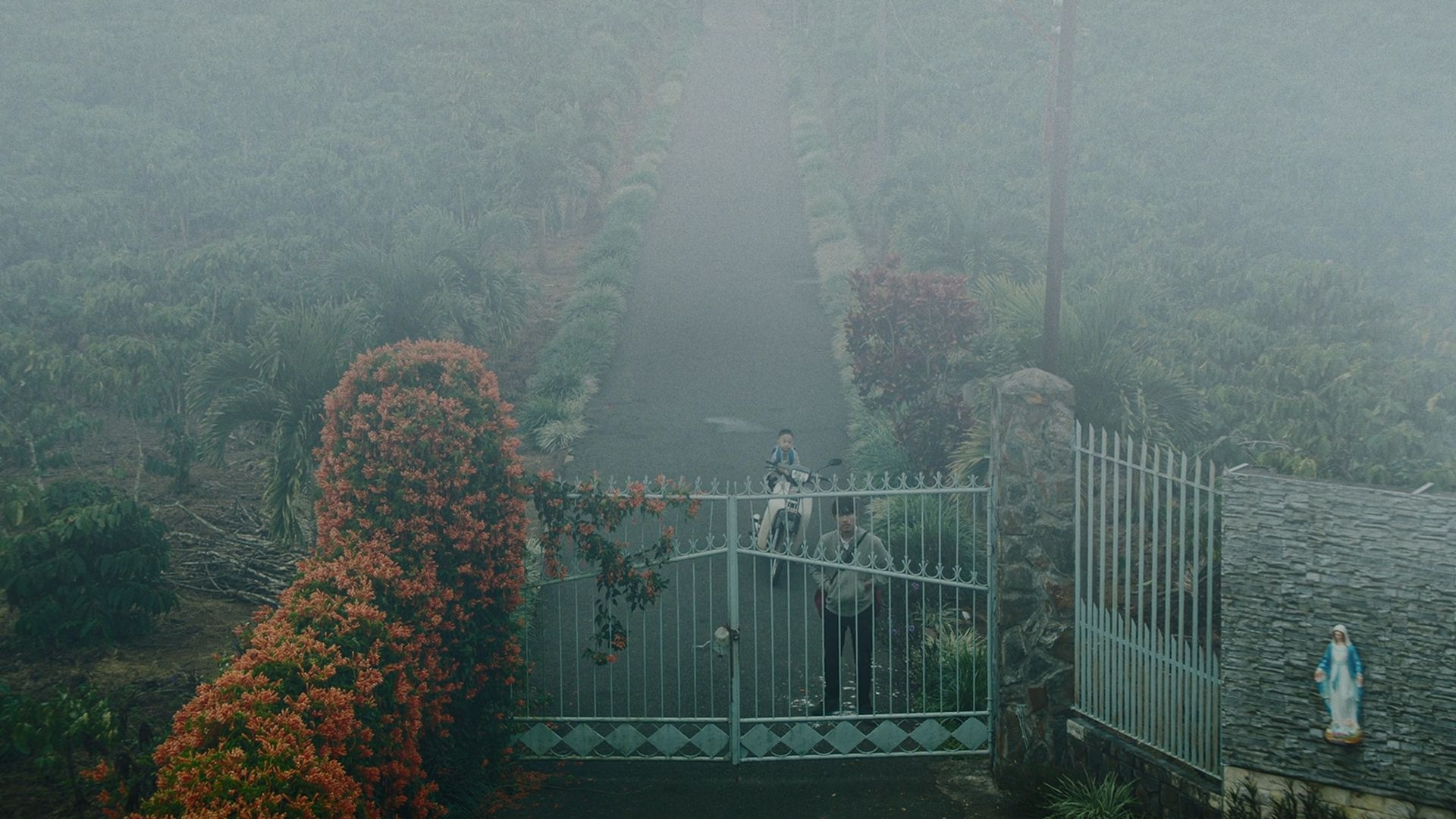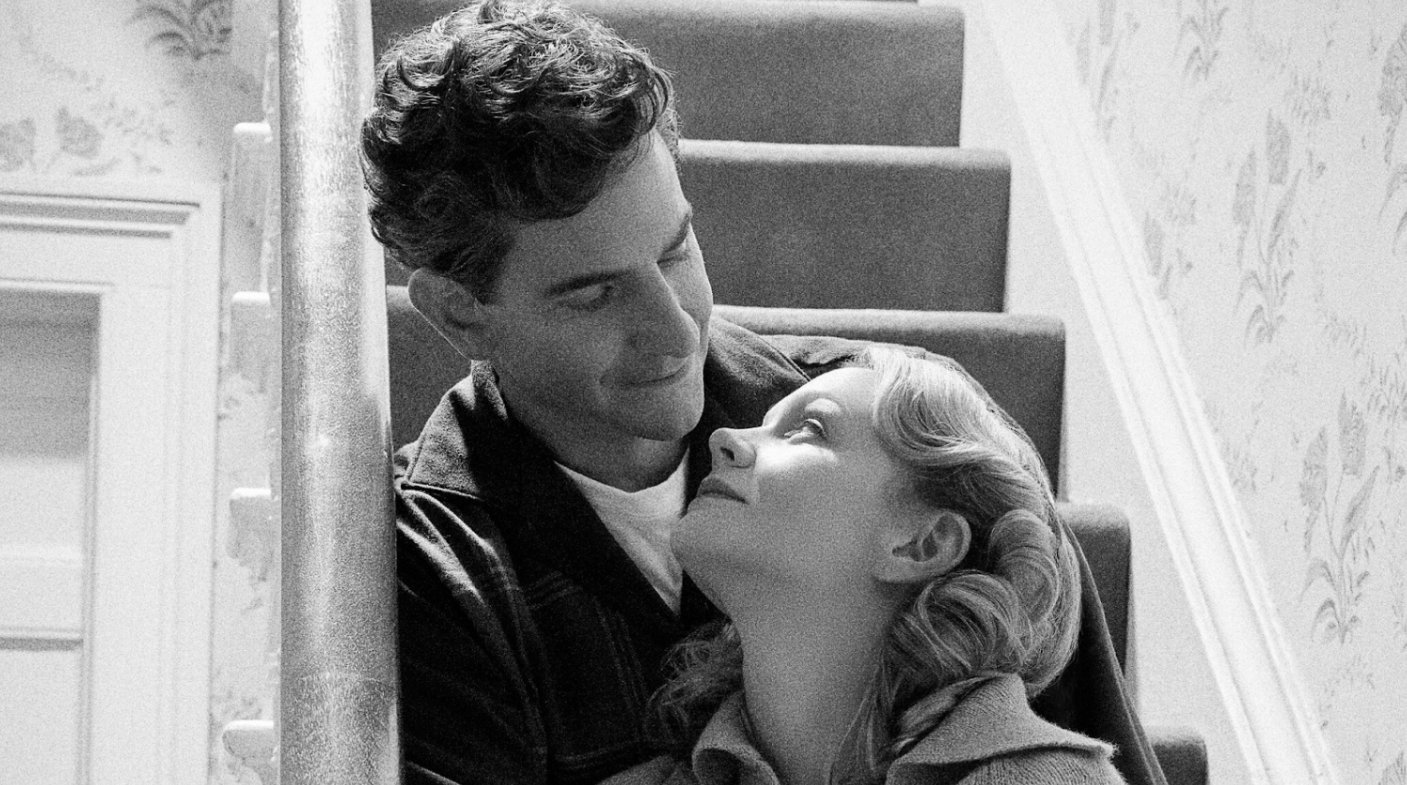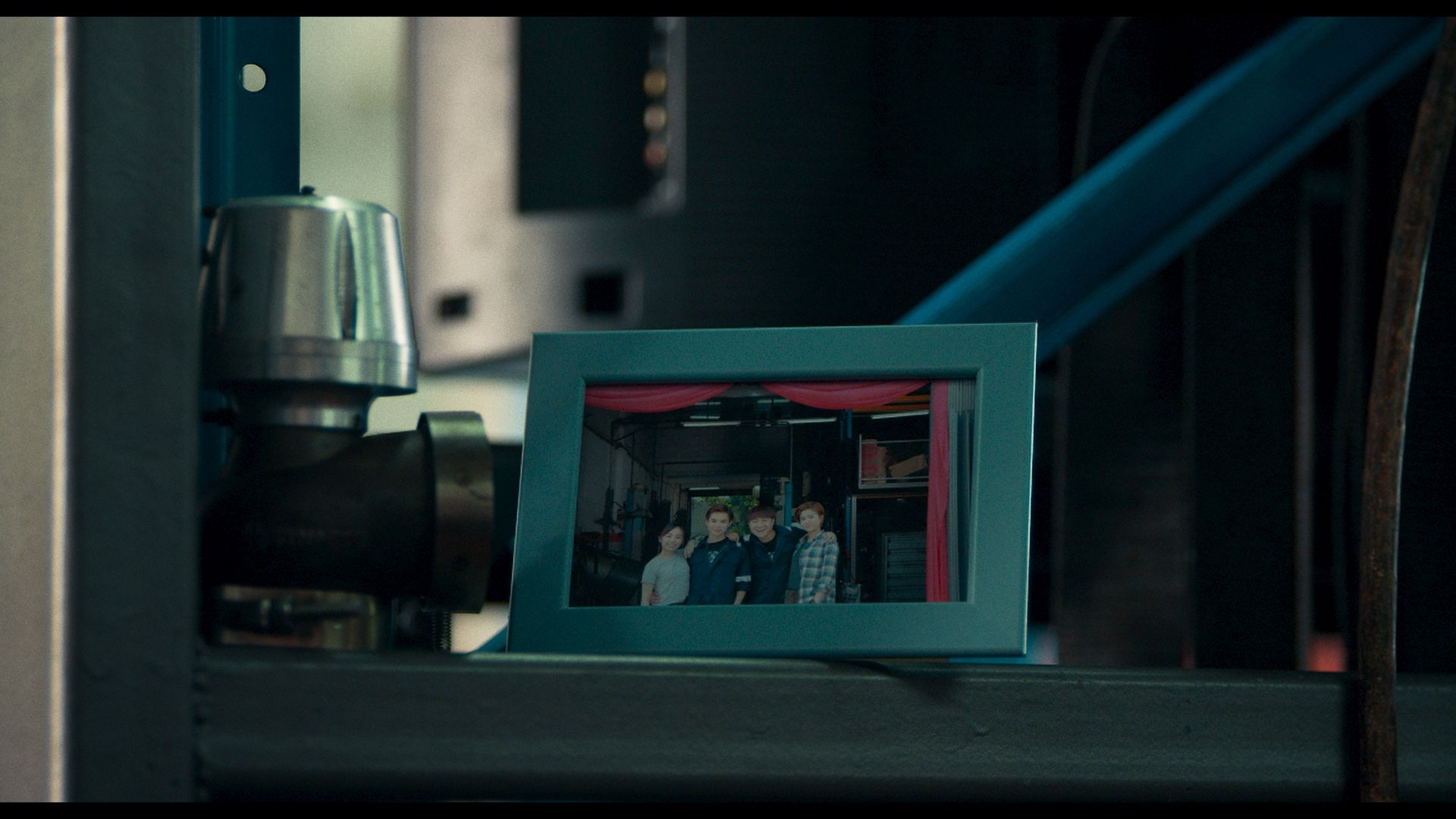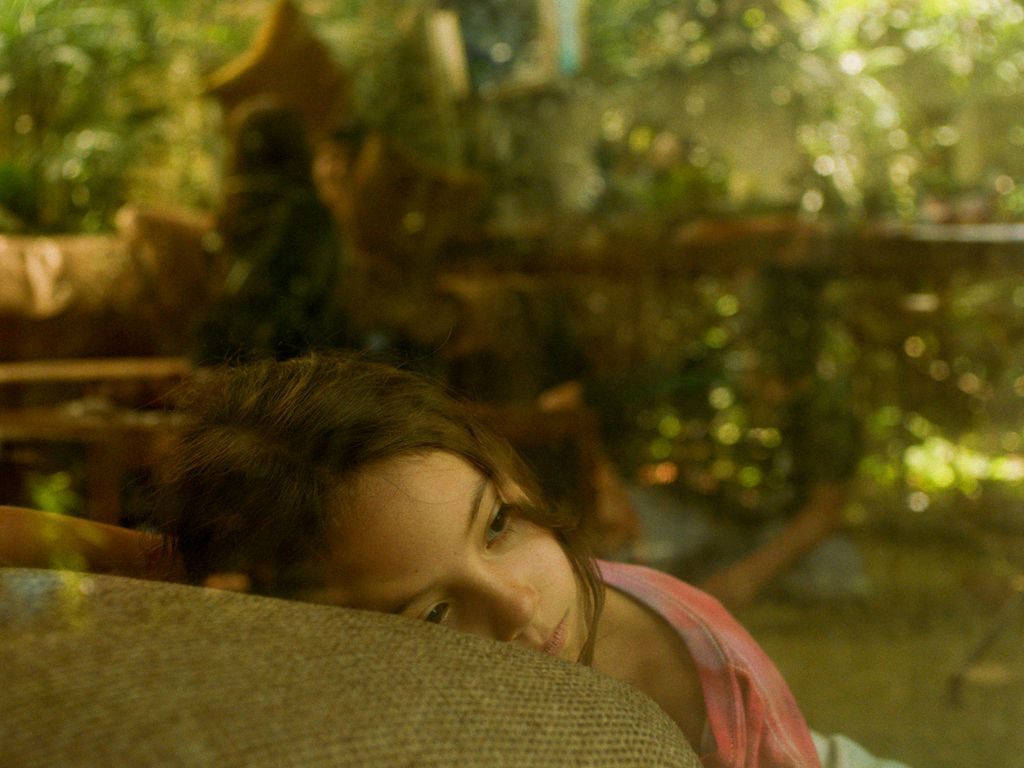
Film Review #39: MERRY CHRISTMAS, MR. LAWRENCE
Film Review #39: MERRY CHRISTMAS, MR. LAWRENCE
*This film review may contain plot spoilers, reader discretion is advised.*
Despite its name, Nagisa Oshima’s Merry Christmas, Mr. Lawrence (1983) is not a Christmas film, even if you consider unconventional classics like John McTiernan’s Die Hard (1988). Instead, the film is a heartfelt and sentimental depiction of compassion in a setting that urgently demands it. In celebrating the season of giving, Oshima’s film pays homage to the values of camaraderie, peace and forgiveness in this humanist piece.
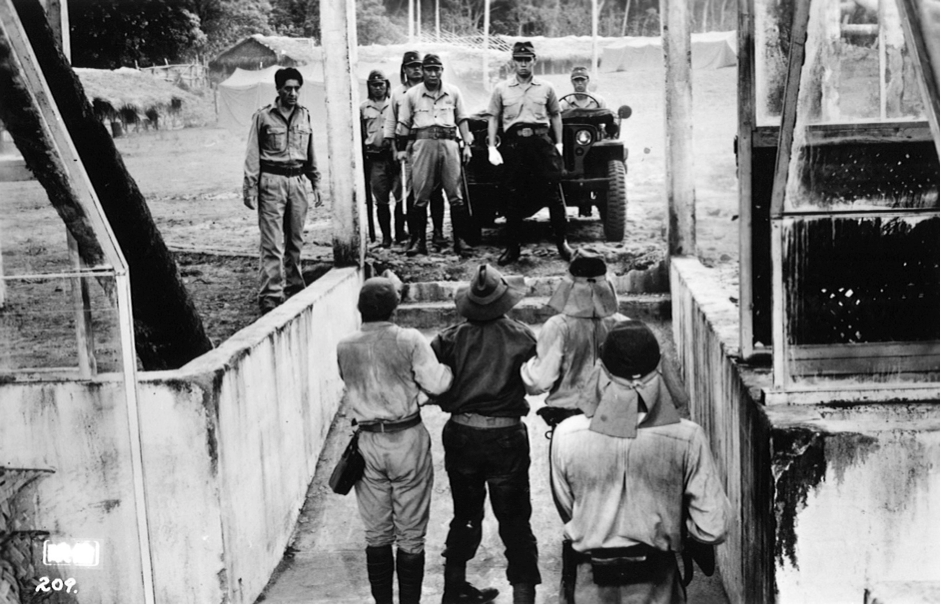
Film still from Merry Christmas, Mr. Lawrence
Merry Christmas, Mr. Lawrence is a Japanese-British war drama adapted from South African author Sir Laurens van der Post’s book, “The Seed and the Sower”, that reflects on his personal accounts as a prisoner of war in Indonesia. The film, set in World War II Japanese-occupied Java, follows Lieutenant Colonel John Lawrence (Tom Conti), a British prisoner of war, through his time at the camp. Being the only prisoner with adequate fluency in Japanese, he collaborates with Sergeant Gengo Hara (Takeshi Kitano) and Captain Yonoi (Ryuichi Sakamoto), acting as their closest correspondent to the rest of the English-speaking prisoners. When Major Jack Celliers (David Bowie) is captured during battle and imprisoned by the Japanese in Java where he joins Lawrence, Yonoi seems to take an inexplicable and peculiar liking to him due to his unyielding resilience and charismatic temperament. This fascination-turned-obsession disrupts his duties as a commander and challenges his strict adherence to the bushido code of honour - a highly-regarded set of values adopted by the Japanese samurai.
Oshima’s use of standard compositions and straightforward camera work renders the film’s visual language more functional than ingenious. No frame particularly stands out. However, the beauty of this piece lies in its heartfelt authenticity and dedication to illustrating the human condition. Oshima does not shy away from the brutal and gritty reality of the WWI Japanese POW camps. He presents it as it is – confronting the unsparing violence the Japanese subjected its prisoners to and their blatant discrimination against the inmates. Watching these heinous acts can be tough, but its honesty makes for a film that demands justice and truth in the story it tells and the spirited passion it elicits.
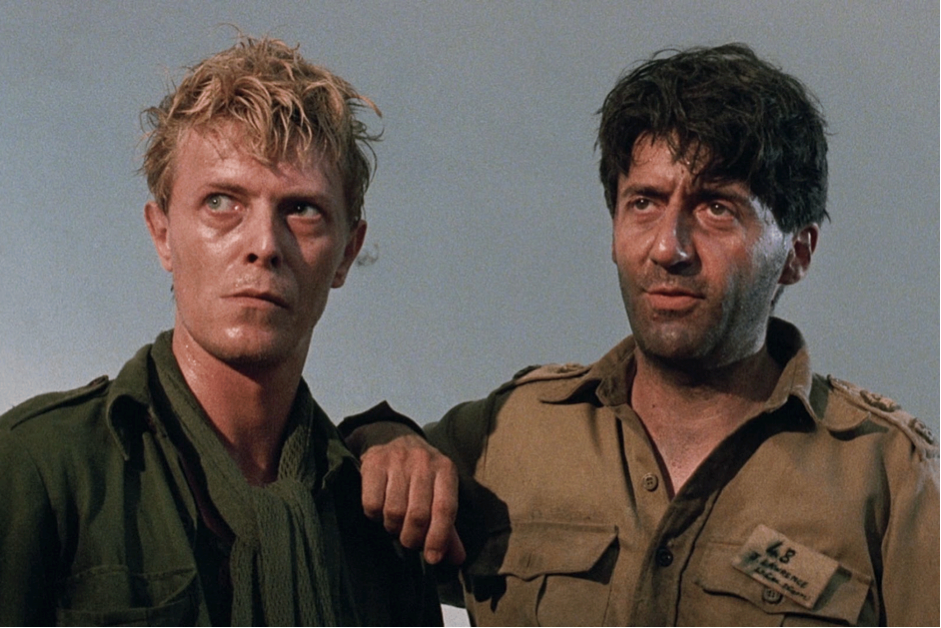
Film still from Merry Christmas, Mr. Lawrence
The film delivers a compelling narrative but the actors’ dissonant performances take away from the coherence of the plot. Japanese and Western acting styles are decidedly different, and the distinction is made obvious through their frequent dialogues on-screen. Japanese performances place emphasis on portraying complex emotions theatrically, resulting in dramatic and elaborate gestures. Meanwhile, Western performances take on subtle and muted shifts in countenance, embodying their inner thoughts in smaller minute movements. This juxtaposition sometimes proves too challenging to cohere within the narrative, distracting the audience from the main plotline. However, while the clash of these wide-ranging acting styles may feel invasive to the viewer, they foreground important cultural differences between the Japanese and the British including speech patterns, mannerisms and body language.

Film still from Merry Christmas, Mr. Lawrence
Even though Merry Christmas, Mr. Lawrence has an uncomplicated episodic plot, Oshima’s commentary is profoundly thought-provoking and empathetic. By highlighting the lines of division between East and West, the film touches on a range of topics from POW human rights violations and queer repression to bullying and suicide. Often, meshing together a plethora of heavy themes proves too overwhelming, sensitive or hard to tackle in a 2-hour feature film, but Merry Christmas, Mr. Lawrence goes beyond merely straddling the gravitas of its subject matter but also treating the topic with immense tact and delicate thought. To me, the significance of this film is its parables on embodying compassion, care and sensitivity - values that are ever-salient in a post-crisis landscape. In retrospect, though the holiday is not prominently featured in the film, its dedication towards companionship, generosity and kindness embodies the very spirit in this season of giving. Merry Christmas, Mr. Lawrence may be a Christmas film after all.
——————————————————————————-
This review is published as part of *SCAPE’s Film Critics Lab: A Writing Mentorship Programme, organized by The Filmic Eye with support from Singapore Film Society and Sinema.
About the Author: Goh Kai En is a student at Ngee Ann Polytechnic studying Film, Sound and Video. An avid fan of local and animated films (especially the works of Studio Ghibli), he loves all forms of creative writing, and aspires to be a screenwriter someday.
BLOG

